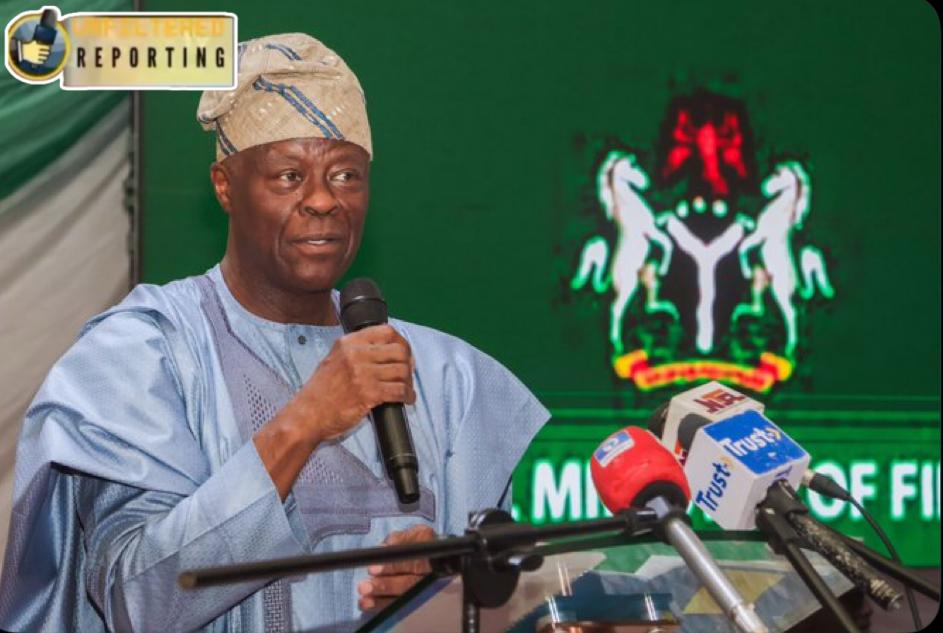No Immediate Plan to Enforce 5% Fuel Tax by FG, Assures Edun

The Federal Government has moved to douse public anxiety over the controversial 5 percent fuel surcharge, stating clearly that there are no immediate plans to implement the measure despite its inclusion in the newly signed Tax Administration Act, 2025.
Minister of Finance and Coordinating Minister of the Economy, Wale Edun, gave the clarification on Tuesday during a media briefing in Abuja. He emphasized that the provision does not represent a fresh levy introduced by the current administration but rather a restatement of an existing law passed nearly two decades ago. According to Edun, the surcharge originated from the Federal Road Maintenance Agency (FERMA) Act of 2007 and was only restated in the 2025 Act to consolidate tax statutes into a single framework.
He noted that the provision has not been enforced since its creation and therefore should not be misconstrued as a new policy targeted at Nigerians. While the Tax Administration Act is scheduled to take effect from January 1, 2026, the minister explained that activating the fuel surcharge would require the issuance of a commencement order by the Minister of Finance, to be published in the official gazette.
He assured that no such order has been made or is under preparation, meaning that the provision will remain dormant for the foreseeable future. Edun further explained that even if government were to consider implementation at a later date, the process would not be sudden.
It would require institutional restructuring, strengthening of enforcement agencies, capacity building, and broad-based public sensitization. “There will be no hasty moves that could worsen the hardship Nigerians are already facing,” he said. The minister’s statement comes at a time of heightened concern over the cost of living, driven largely by rising fuel prices and inflationary pressures.
The prospect of an additional surcharge on petroleum products had sparked fears of further strain on households and businesses already struggling with the effects of economic reforms. By clarifying its position, the government seeks to reassure the public that its economic agenda is focused on stabilizing prices, reducing inflation, and protecting citizens from additional burdens, while still pursuing fiscal sustainability.
Stakeholders, including labour unions and civil society groups, have continued to watch developments closely, urging the government to prioritize policies that relieve pressure on the population rather than impose fresh levies.
For now, the assurance from the finance minister suggests that Nigerians will not face new fuel-related taxes in the immediate future, even as the administration works toward broader economic reforms and long-term revenue mobilization.









